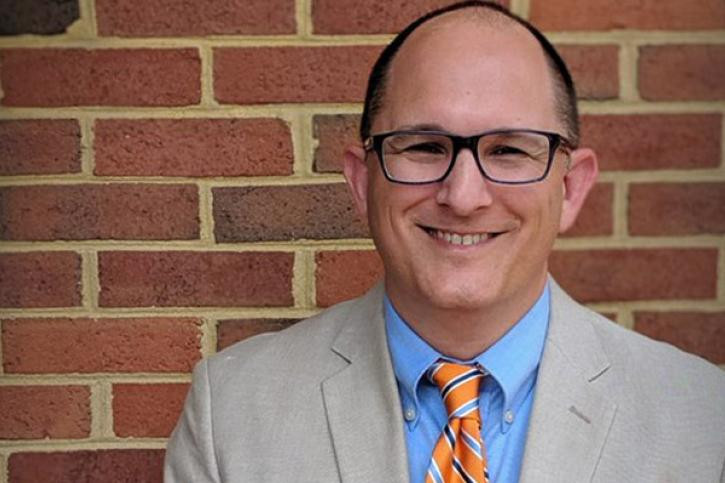A Virginia public school district has agreed to pay a $575,000 settlement to former teacher Peter Vlaming, who was dismissed in 2018 for refusing to use the preferred pronouns of a transgender student. The West Point School Board reached the settlement with Vlaming on Monday, ending a legal dispute that had escalated to the Virginia Supreme Court.
Vlaming, who taught French at West Point High School for nearly seven years, argued that using pronouns inconsistent with the student's biological sex conflicted with his religious beliefs. Instead, Vlaming offered to use the student's preferred name but avoided pronouns altogether. This compromise, however, did not satisfy school administrators, who accused him of discrimination and ultimately fired him.
Alliance Defending Freedom (ADF), the legal nonprofit representing Vlaming, hailed the settlement as a victory for religious liberty and free speech. "Peter wasn't fired for something he said; he was fired for something he couldn't say," said ADF Senior Counsel Tyson Langhofer. "The school board violated his First Amendment rights under the Virginia Constitution and commonwealth law."
The settlement will cover $575,000 in damages and attorneys' fees. Additionally, the school district has agreed to expunge the firing from Vlaming's employment record. Vlaming expressed gratitude for the resolution, stating, "I'm very grateful for the work of my attorneys at Alliance Defending Freedom to bring my case to victory and hope it helps protect every other teacher and professor's fundamental First Amendment rights."
The dispute dates back to 2018 when Vlaming, citing his Christian beliefs, declined to refer to a female student by male pronouns after the student transitioned. While Vlaming attempted to accommodate the student by using their chosen male name, school officials insisted he use the corresponding pronouns, even in instances when the student was not present. When Vlaming continued to avoid pronouns, the school district took disciplinary action, eventually terminating his employment.
Vlaming sued the West Point School Board in 2019, challenging the constitutionality of his firing. The King William Circuit Court dismissed the case initially, but the Virginia Supreme Court later reinstated it in December 2022, ruling that Vlaming had a "legally viable claim" that the school board violated his religious freedom.
In the court's decision, Virginia Supreme Court Justice D. Arthur Kelsey emphasized that constitutional protections extend beyond personal belief and must allow individuals to act according to their convictions. "It would be alarming indeed to think that in the Commonwealth of Virginia, a religious person needs a constitutional right merely to hold a silent belief or opinion that does not change a thing he does or does not do," wrote Kelsey in the opinion.
West Point Public Schools Superintendent Larry Frazier expressed relief at reaching the settlement, emphasizing that the district's priority is to maintain a respectful environment for all students. "As we move forward, WPPS will continue to be a place where all students feel safe, respected, and welcomed on a daily basis," Frazier said in a statement.
The case has drawn national attention amid ongoing debates over gender identity policies in schools. The settlement follows a broader trend of legal challenges brought by teachers and public employees who claim that such policies violate their religious beliefs. ADF, which has won multiple religious liberty cases before the U.S. Supreme Court, has positioned itself as a key player in defending individuals like Vlaming.
In the wake of the settlement, the West Point School Board has committed to revising its policies to align with recent directives from Virginia Governor Glenn Youngkin. These directives stress the importance of parental involvement in decisions about a child's identity and advocate for schools to inform parents about matters concerning their children's well-being.
Vlaming's case is part of a larger national conversation about the balance between anti-discrimination protections and religious freedoms, particularly in the context of LGBTQ+ rights. Similar lawsuits have emerged across the country, with educators and public employees facing conflicts between their religious beliefs and the evolving policies on gender identity.




